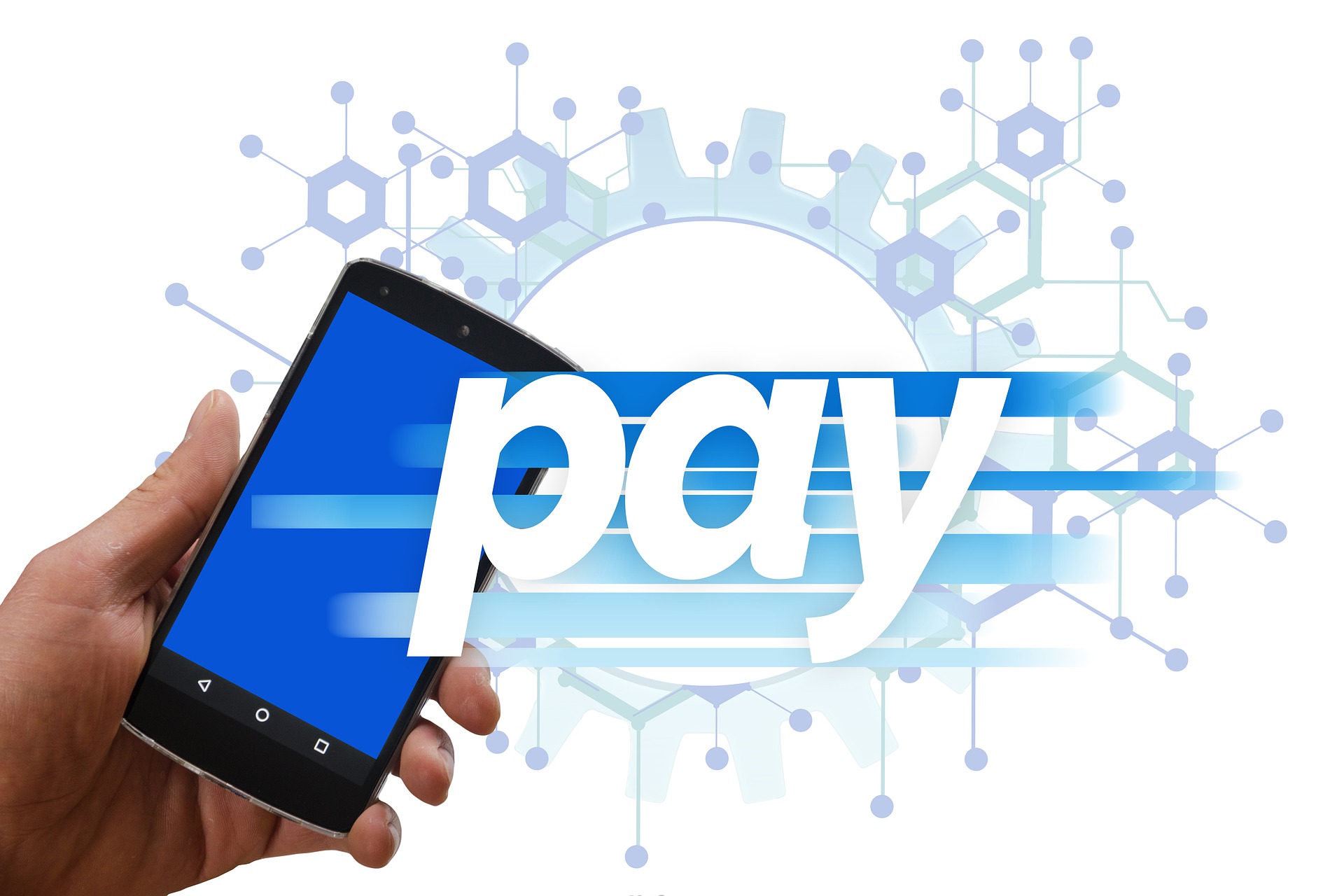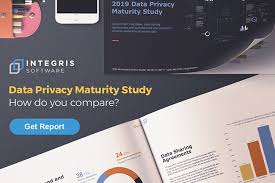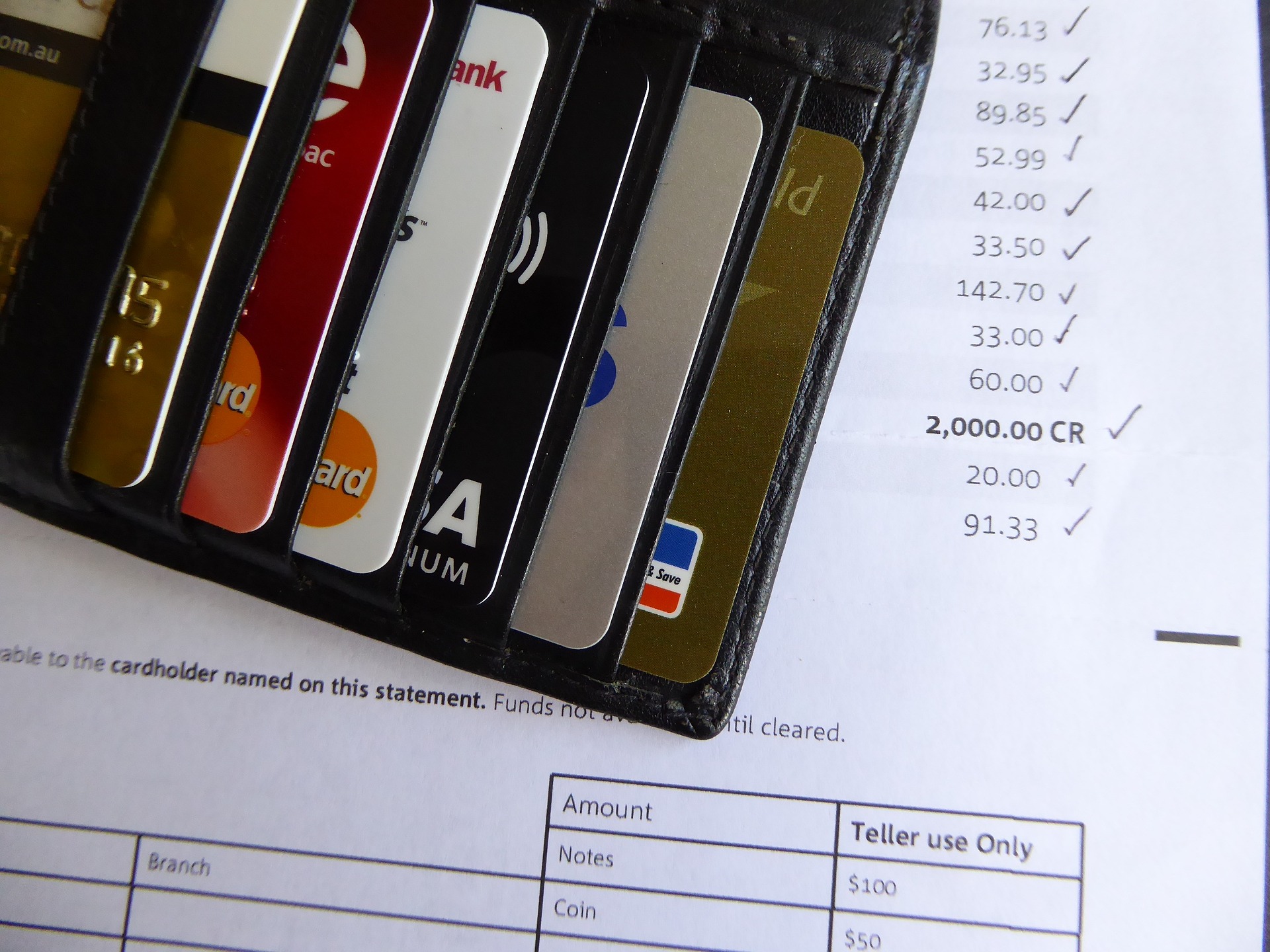 Breaking Industry News
Breaking Industry News
Breaking News articles for December 2019
Oklahoma overturns surcharge ban
Tuesday, December 31, 2019
Oklahoma Attorney General Mike Hunter reversed the state’s ban on credit card surcharging, overturning HB 1425, which was been signed into law April 30, 2019, by Governor John Kevin Stitt. The legislation prohibited merchants from increasing transaction prices for buyers who pay with credit cards instead of cash. Sen. Michael Brooks, D-Oklahoma City, had appealed the decision in a letter to the state attorney general. Brooks, who serves in the state senate’s Business, Commerce and Tourism Board, challenged the constitutionality of the surcharge ban, claiming it violates a merchant’s right to free speech guaranteed under the First Amendment of the U.S. Constitution.
Color blind gain access to digital banking
Friday, December 27, 2019
 i2C Inc. launched a digital banking website and mobile app Dec. 23, 2019, designed to provide color blind customers with access to web and mobile banking services. The company’s color-enhanced cardholder website and mobile banking app are the newest additions to its global software-as-a-service platform that facilitates a range of digital banking and payments solutions and capabilities.
Approximately one in 12 men and one in 200 women around the world can see clearly but are unable to identify red, green or blue colors, according to “Smartphone Based Image Color Correction for Color Blindness,” a 2018 study published in the International Journal of Interactive Mobile Technologies. Lamiaa Elrefaei, author of the study, noted that in rare cases, people are unable to see any color at all.
i2C Inc. launched a digital banking website and mobile app Dec. 23, 2019, designed to provide color blind customers with access to web and mobile banking services. The company’s color-enhanced cardholder website and mobile banking app are the newest additions to its global software-as-a-service platform that facilitates a range of digital banking and payments solutions and capabilities.
Approximately one in 12 men and one in 200 women around the world can see clearly but are unable to identify red, green or blue colors, according to “Smartphone Based Image Color Correction for Color Blindness,” a 2018 study published in the International Journal of Interactive Mobile Technologies. Lamiaa Elrefaei, author of the study, noted that in rare cases, people are unable to see any color at all.
New study highlights data privacy trends
Monday, December 23, 2019
 Integris Software Inc., provider of enterprise-scale data privacy automation solutions, published a survey Dec. 18, 2019, highlighting data privacy approaches and trends. “Outlook 2020: Integris FinServ Data Privacy Maturity Study,” identified varying levels of maturity and approaches to managing data among survey respondents, which included 258 IT managers and executives from 56 financial service companies.
“Companies are being inundated with data,” researchers wrote. “A single bank transaction may get replicated across a hundred data repositories. Financial services companies are constantly consuming and sharing information to build better customer profiles and enable financial transactions. In addition, as financial services companies consolidate through mergers and acquisitions, they acquire unknown datasets and data transfer agreements with new business partners.”
Integris Software Inc., provider of enterprise-scale data privacy automation solutions, published a survey Dec. 18, 2019, highlighting data privacy approaches and trends. “Outlook 2020: Integris FinServ Data Privacy Maturity Study,” identified varying levels of maturity and approaches to managing data among survey respondents, which included 258 IT managers and executives from 56 financial service companies.
“Companies are being inundated with data,” researchers wrote. “A single bank transaction may get replicated across a hundred data repositories. Financial services companies are constantly consuming and sharing information to build better customer profiles and enable financial transactions. In addition, as financial services companies consolidate through mergers and acquisitions, they acquire unknown datasets and data transfer agreements with new business partners.”
Cracking down on free trials
Thursday, December 19, 2019
 The card brands are cracking down on free trial subscriptions. Mastercard disclosed new rules requiring businesses to obtain cardholder approval before they can bill those customers for recurring deliveries of products or services after a free trial period ends. And Visa devised similar rule changes to take effect in April 2020.
The changes aim to "streamline processes for subscriptions that feature a free trial or introductory offer, to improve transparency on billing terms and support easier cancellation for customers," chargeback prevention and recovery provider Verifi, which is owned by Visa, explained in a notice on its website.
The card brands are cracking down on free trial subscriptions. Mastercard disclosed new rules requiring businesses to obtain cardholder approval before they can bill those customers for recurring deliveries of products or services after a free trial period ends. And Visa devised similar rule changes to take effect in April 2020.
The changes aim to "streamline processes for subscriptions that feature a free trial or introductory offer, to improve transparency on billing terms and support easier cancellation for customers," chargeback prevention and recovery provider Verifi, which is owned by Visa, explained in a notice on its website.
New year to ring in new fraud, experts warn
Tuesday, December 17, 2019
 With a new year and decade on the horizon, security analysts are advising companies to harden their security postures. Fraudsters and fintechs are innovating and iterating, borrowing from each other’s playbooks to weaponize solutions that alternately compromise or protect data. Forensic investigators have seen increasingly dynamic and sophisticated strains of malware, ransomware and money laundering attacks, according to recent reports. These new attack vectors require an equally strong and proportional response from cybersecurity firms, experts noted.
With a new year and decade on the horizon, security analysts are advising companies to harden their security postures. Fraudsters and fintechs are innovating and iterating, borrowing from each other’s playbooks to weaponize solutions that alternately compromise or protect data. Forensic investigators have seen increasingly dynamic and sophisticated strains of malware, ransomware and money laundering attacks, according to recent reports. These new attack vectors require an equally strong and proportional response from cybersecurity firms, experts noted.
PayPal sues CFPB over prepaid card rules
Monday, December 16, 2019
PayPal is asking a federal court to deep six the Consumer Financial Protection Bureau’s prepaid card rule. In a lawsuit filed in U.S. District Court for the District of Columbia on Dec.11, 2019, PayPal asserted that the prepaid rule is riddled with flaws. Chief among those flaws are required disclosures that violate the company’s constitutional rights, the payments company claimed. PayPal has taken issue with requirements that consumers using its Venmo digital wallet be provided a “short form” disclosure that includes references to fees for ATM balance inquiries, customer service, electronic withdrawals and other activities. It also disputes restrictions on credit cards being tied to its prepaid cards.
Simplified P2PE may broaden merchant adoption
Friday, December 13, 2019
An updated PCI Point-to-Point Encryption (P2PE) Standard, published Dec. 12, 2019, will simplify P2PE procedures, according to the PCI Security Standards Council (PCI SSC). Positioned as part of the council’s broader effort to evolve standards and validation programs, PCI P2PE version 3.0 is designed to appeal to diverse payments industry stakeholders, workplace environments, technologies and methodologies, PCI SSC representatives stated.
Protect against holiday ID crime, experts warn
Tuesday, December 10, 2019
With identity threats rising in proportion to increased holiday spend, security experts initiated “National Identity Theft Prevention and Awareness Month,” a public awareness campaign that runs through December 2019. Elevated holiday season threat levels are largely due to increased transaction volume and merchant and consumer distractions, according to Darrell Laffoon, chief technology officer at Sontiq. “December is a hot month for cybercrime,” Laffoon said. “It's only natural that employees get distracted around this time of year. One fundamental way to protect organizations is to reinforce best practices training.”
Allied Wallet accused of campaign contribution fraud
Friday, December 06, 2019
Problems continue at Los Angeles-based Allied Wallet, an online bankcard processor and multicurrency gateway established in 2002. The company, a multiyear Inc. 5000 honoree, has been the subject of several investigations involving the Federal Trade Commission and U.S. Department of Justice for alleged fraudulent activities. CEO Andy Khawaja and company officers Mohammad Diab and Amy Rountree, settled with the FTC in May 21, 2019, after admitting to defrauding customers. Khawaja, Diab and Rountree were assessed penalties of $110 million, $320,429.82 and $1 million, respectively. In further developments, the DOJ unsealed an indictment against the company on Dec. 2, 2019, alleging that Allied Wallet used its proprietary gateway, digital wallet and merchant services in ways that violate AML guidelines. According to the indictment, Khawaja reportedly concealed more than $3.5 million in campaign contributions between March 2016 and January 2017 by covertly directing funds to political committees involved with the 2016 presidential election.
Nominations open for ETA's 2020 Forty Under 40
Thursday, December 05, 2019
The Electronic Transactions Association opened the nomination period for its Forty Under 40 2020 class, an honor that highlights the diverse game changers at the intersection of payments and technology, the ETA stated in heralding the opening on Dec. 4, 2019. "ETA selects the Forty Under 40 on an annual basis to represent the evolving segments of the industry and highlight those whose actions and leadership are driving the payments industry forward," the organization noted. "Selected honorees will be a diverse cohort of executive leaders, entrepreneurs and thought leaders."
Mexican eWallet ToditoCash goes fee free
Wednesday, December 04, 2019
Todito Cash, a payment processor and service provider headquartered in Monterrey, Mexico, disclosed Dec. 2, 2019, that it has eliminated transaction fees for its digital wallet, ToditoCash. Going forward, ToditoCash users can deposit or retrieve cash, pay bills, top-up mobile phones and purchase goods and services via the mobile app without paying additional fees, company representatives stated. Payments analysts expect the move to accelerate mobile wallet adoption in Mexico, which remains a cash-based economy, according to recent reports and commentary.
Americans kick off holiday season with record spending
Tuesday, December 03, 2019
It’s beginning to look like retailers will be ringing up record sales gains for the year-end holiday season. A record 189.6 million Americans went shopping at brick and mortar as well as online stores from Thanksgiving through Cyber Monday, a 14 percent increase over the same period last year, according to data just released by the National Retail Federation and Prosper Insights & Analytics

